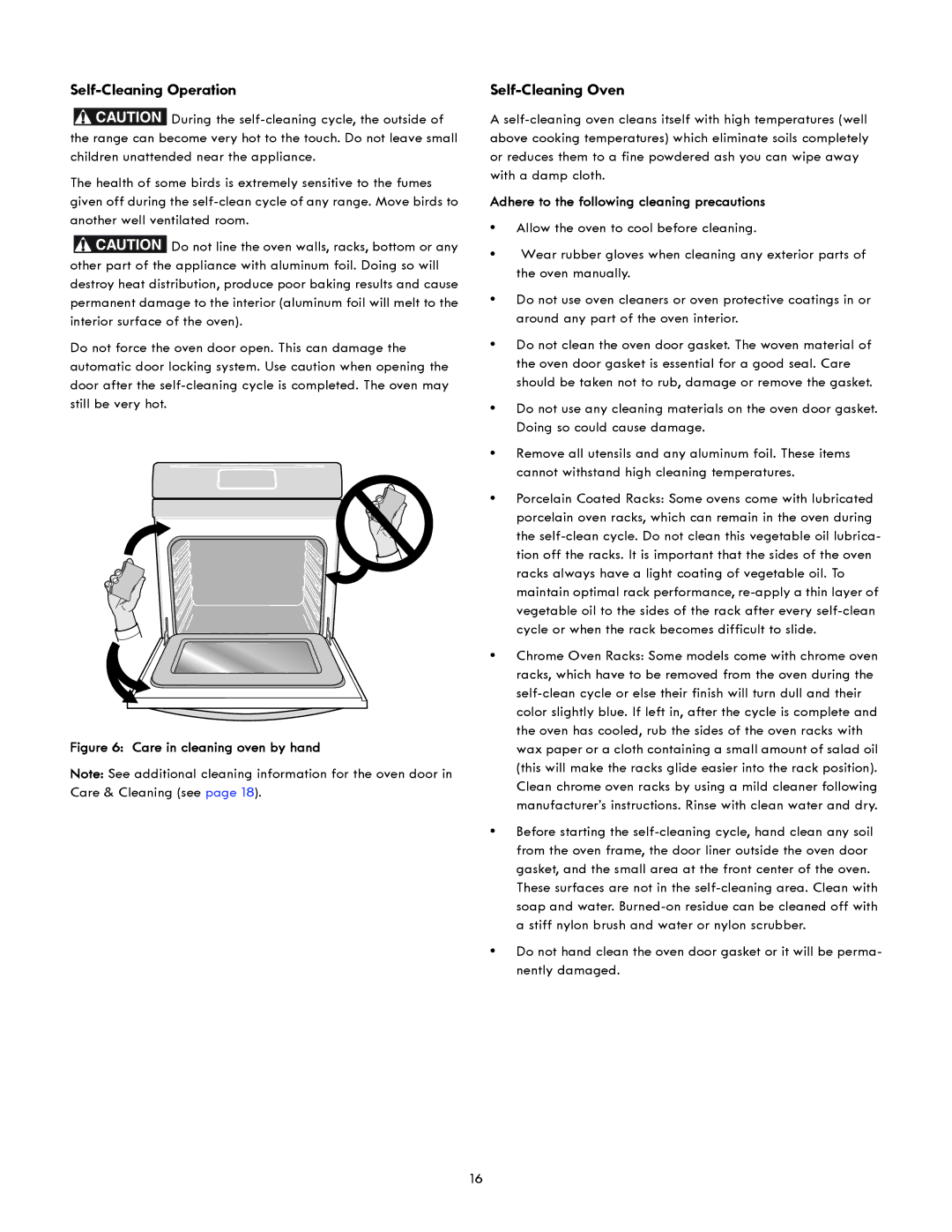790.4941, 790.4943 specifications
The Kenmore 790.4943 and 790.4941 are part of Kenmore's prestigious line of appliances, designed to provide exceptional cooking performance, advanced technology features, and user-friendly operation. These models exemplify modern kitchens’ needs, catering to both novice cooks and seasoned chefs.One of the standout features of the Kenmore 790.4943 and 790.4941 is their powerful gas cooking capabilities. Equipped with multiple burners, these ranges offer ample cooking space, allowing users to prepare multiple dishes simultaneously. The burners deliver precise heat control, ensuring that whether you are simmering sauces or rapidly boiling water, the temperature is just right.
A notable technology integrated into these models is the convection oven. This feature circulates hot air within the oven cavity, promoting even cooking and reducing cooking times. Ideal for baking and roasting, convection cooking is a game-changer, providing perfectly cooked dishes with a consistent texture and flavor. Additionally, both models come with a self-cleaning option, saving users the hassle of manual scrubbing and ensuring the oven remains pristine with minimal effort.
The user interface on Kenmore 790.4943 and 790.4941 is designed for simplicity. With a digital display, intuitive controls, and easy-to-read icons, setting the oven temperature or timer is straightforward. This makes for an accessible cooking experience, even for those who may not be technologically inclined.
Safety is a priority in these ranges. With features like an automatic shut-off and a control lock, users can cook with peace of mind, knowing that the appliance will not pose any dangers if left unattended.
Moreover, the sleek design of the Kenmore 790.4943 and 790.4941 adds a touch of elegance to any kitchen. Their stainless steel finish not only looks sophisticated but is also easy to clean and maintain.
In conclusion, the Kenmore 790.4943 and 790.4941 are exceptional cooking appliances, packed with features that enhance culinary experiences. From advanced convection cooking technology to user-friendly controls, these ranges are suitable for anyone looking to elevate their cooking game while enjoying the benefits of modern innovation and style.

